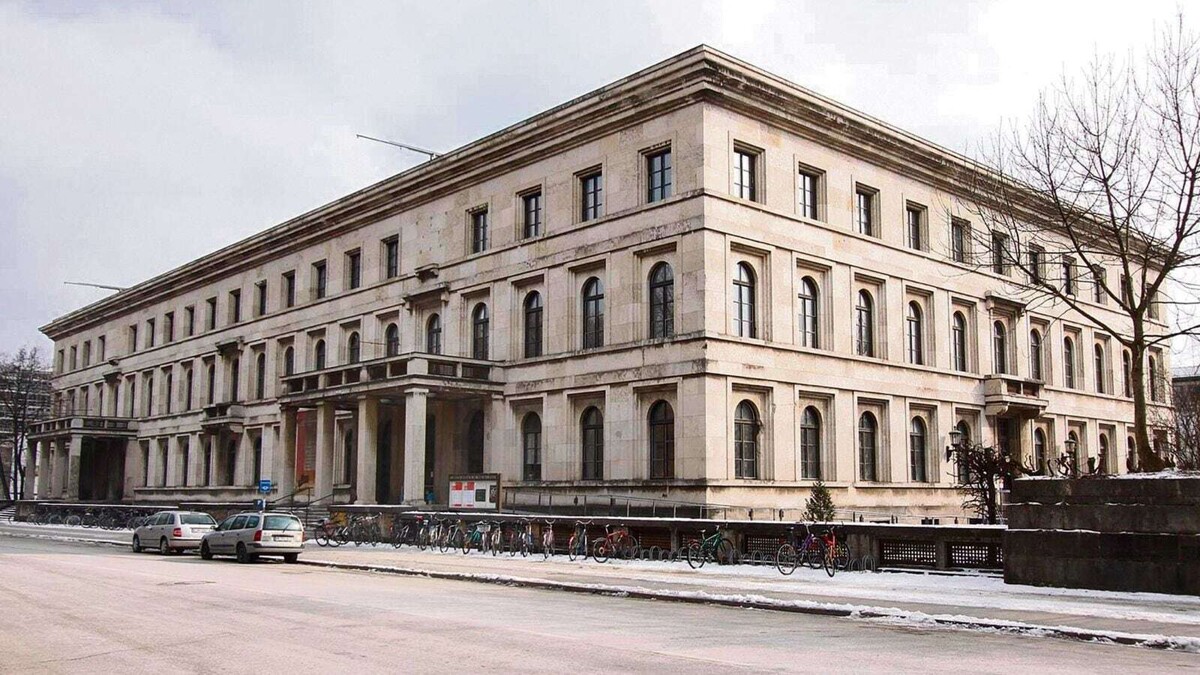
Two young people in Germany discuss their stance on going to war to defend Ukraine. Alexandra and Laura refuse, clearly expressing their opposition to war. According to Aurora Mellado, frustration is palpable when viewing the possible outcome of the conflict despite the financial assistance provided by Germany.
The recent history of Europe resonates in Munich, recalling the Munich Agreement of 1938, signed by European leaders who could not contain Hitler's aggression, triggering the start of World War II. Trump's defiant words with Ukraine evoke the danger of repeating past mistakes, according to the city's residents.
Amid uncertainty, Czech students express their concerns on the eve of the German federal elections. The fear of the rise of a nationalist party, AfD, which could emulate events preceding World War II, is present. Historical memory and the importance of not forgetting past events are key messages in light of the current political situation.
The remembrance of history intertwines with present concerns. Germany, as part of NATO, seeks to protect its security. Concerns about climate change, housing, and wages under a possible AfD administration are issues that trouble citizens. The stability of the region and its role in NATO generate a sense of relative security while maintaining a vigilant outlook towards potential political changes.
The atmosphere in Munich reflects uncertainty about the future of Europe, recalling dark passages of its recent history. The desire to avoid war conflicts and maintain political and economic stability is evident among the residents, who hope to avoid past mistakes and work towards a more peaceful and prosperous future for the region.















